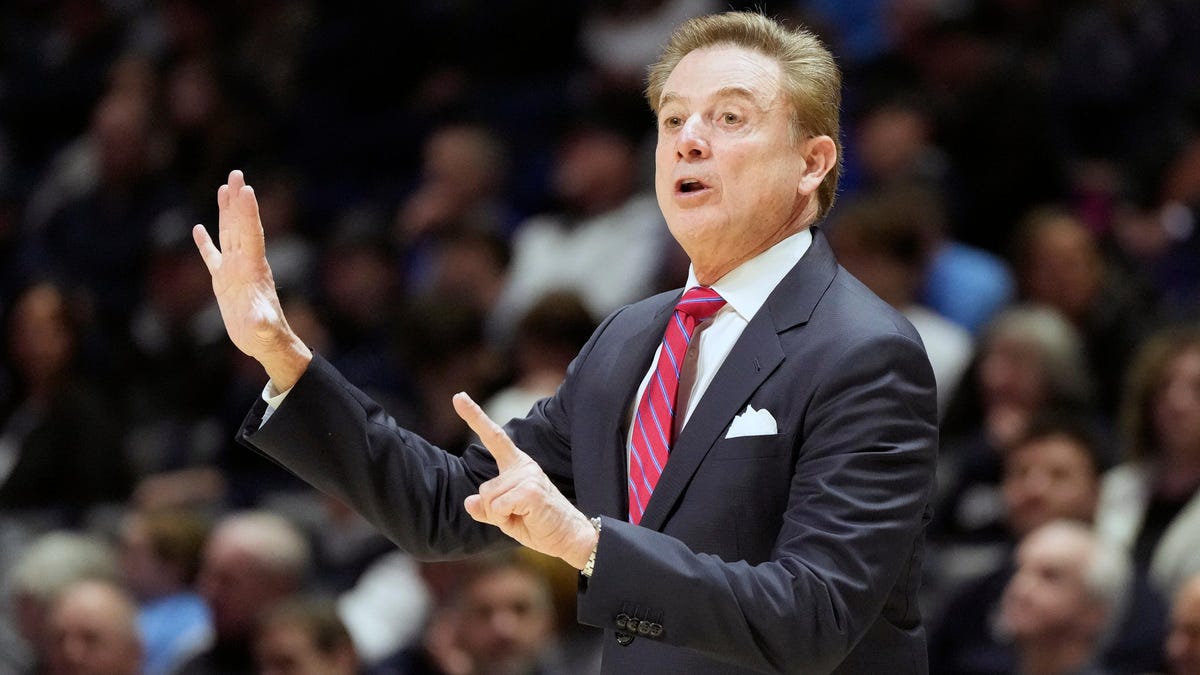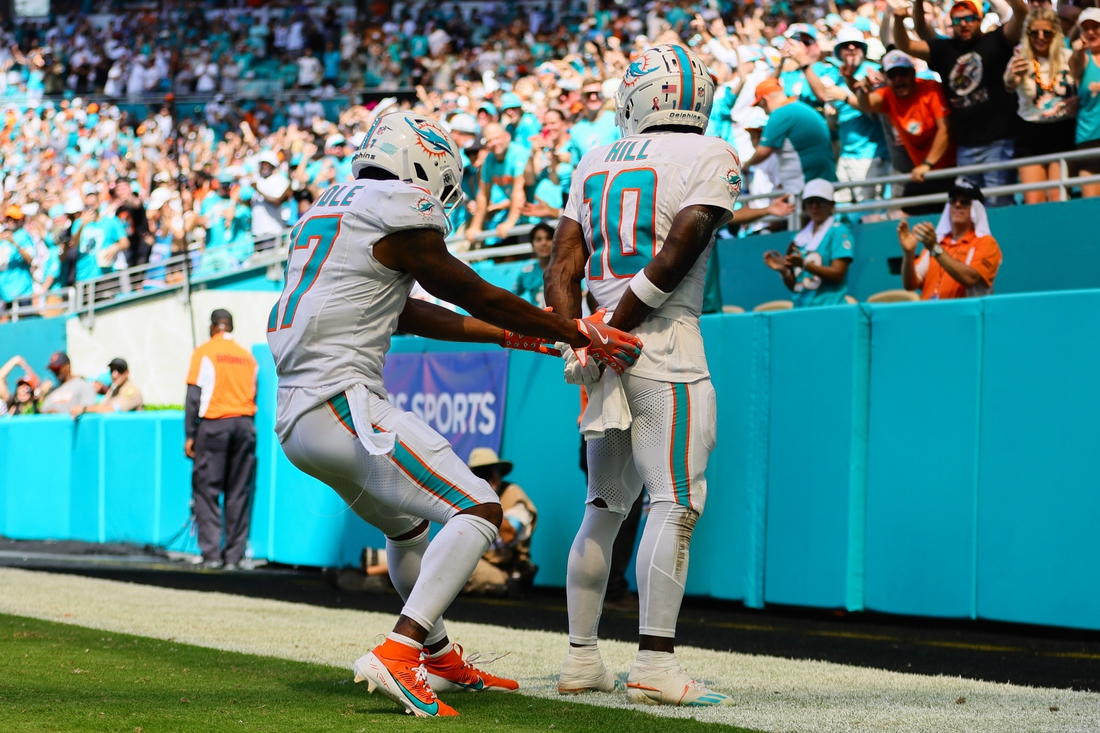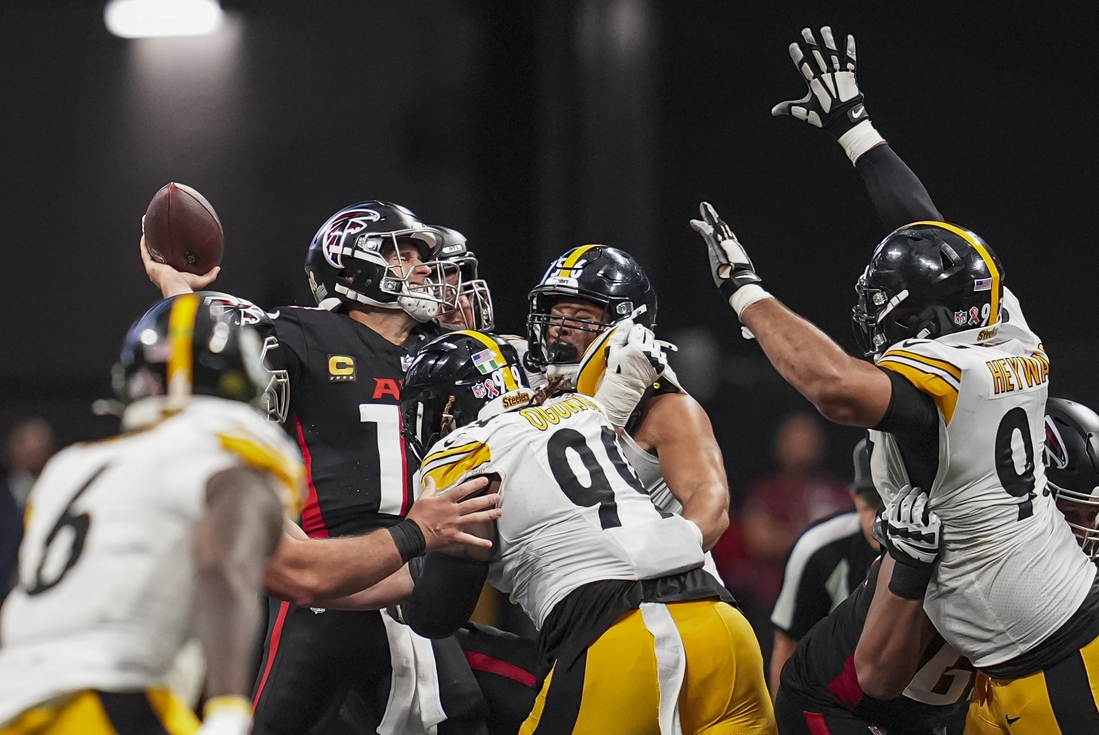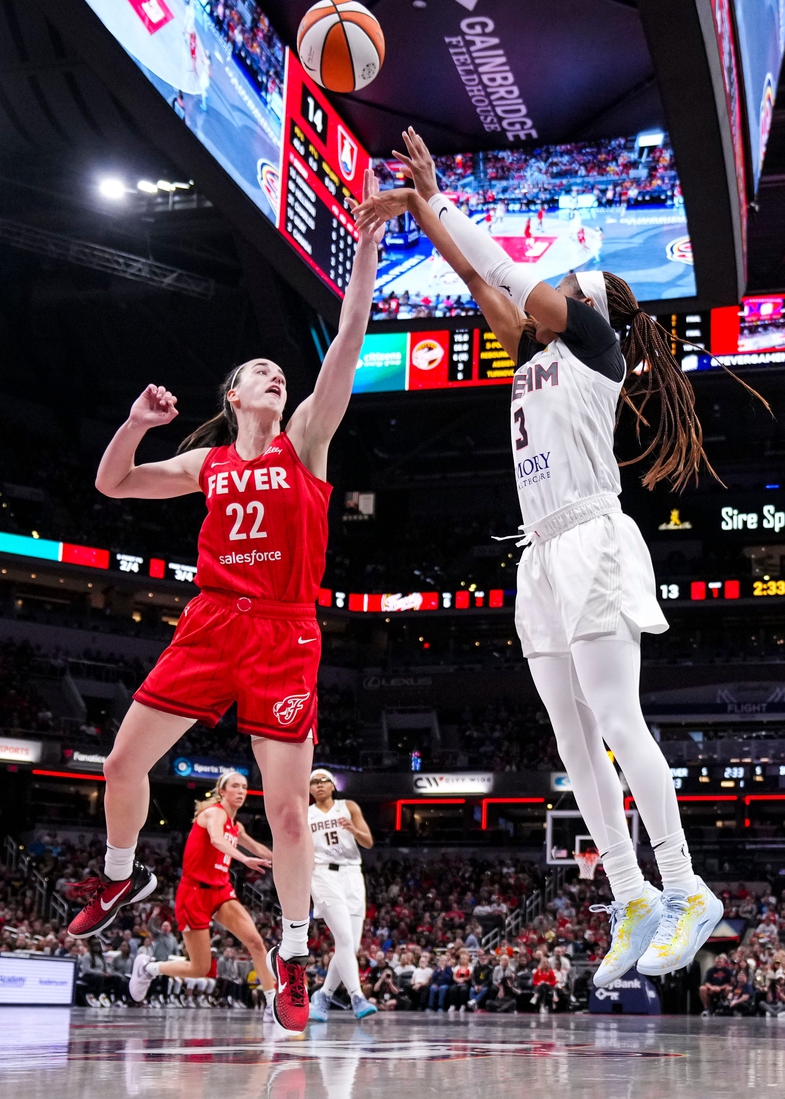The idea that you should stay out of someone else’s pocket is a pretty standard societal norm — except when it comes to college athletes. Apparently, everybody gets a say in what they deserve in the NIL era. Usually, coaches are the loudest ones, like Rick Pitino.
“For basketball, have the Power 5 [and] Big East conference commissioners get together and create a salary cap between [$1.5 and $2 million],” the St. John’s coach wrote on X in a series of posts about player compensation and the state of college basketball. “All contracts delivered to the league and school offices.”
“All other conferences establish their own salary cap.
“Do away with letters of intent, make athletes sign a two-year binding contract, no different than professional athletes – which they are. With that, the collective puts together their NIL contract based on the cap,” he added.
Everything about what Pitino wrote feels like a veteran coach who isn’t necessarily angry that players are making money, but about how the system and rules are constantly changing and no one really knows what you can/can’t do, or what’s next. Ever since NIL became official, it’s been the Wild West.
But, no matter if you like/dislike Pitino’s plan, I think we can all agree that he’s the last person who should have a say on it. This is why the messenger is just as important as the message.
“We need to get the shoe companies out of the lives of young athletes,” Pitino infamously said in 2014.
By 2017, Pitino and his Louisville were the centerpiece of the FBI’s investigation into the sport. That year, we also discovered that Louisville’s then-10-year, $160 million deal with Adidas wasn’t what it appeared to be. According to the Louisville Courier-Journal, Pitino was getting 98 percent of the money from the shoe company. In 2015-16, Pitino received $1.5 million under his personal services agreement, while only $25,000 went to the program. The year before that, Pitino received another $1.5 million, while the department only saw $10,000.
But yet, we’re supposed to listen to him talk about a salary cap?
Back in 2020, Pitino had another plan, as he wanted to push the college basketball season back to March during the pandemic and have “May Madness,” as it would give the “vaccine a chance.”
Again, his intentions were in the right place. His execution was off.
Player compensation has always been a polarizing topic, which increased after NIL came into play. For instance, back in 2022, Isaiah Wong shook up the college basketball world when the former Miami Hurricanes star “allegedly” wanted to renegotiate his NIL deal.
“If Isaiah and his family don’t feel that the NIL number meets their expectations, they will be entering the transfer portal (Friday), while maintaining his eligibility in the NBA draft and going through the draft process,” explained Wong’s agent Adam Papas. “Isaiah would like to stay at Miami. He had a great season leading his team to the Elite Eight. He has seen what incoming Miami Hurricane basketball players are getting in NIL and would like his NIL to reflect that he was a team leader of an Elite Eight team.”
Some fans feel like players should be loyal to a school, as they only care about the success of the program — not the player’s lives and careers. And for most coaches, the transfer portal and NIL have made their jobs harder. They’ve lost power and have to actively recruit players to stay on their rosters. But between the two, we never hear fans and coaches talk about how their money should be spent or limited, they only do that when it comes to the players. And that’s the problem with the whole system — pocket-watching.







